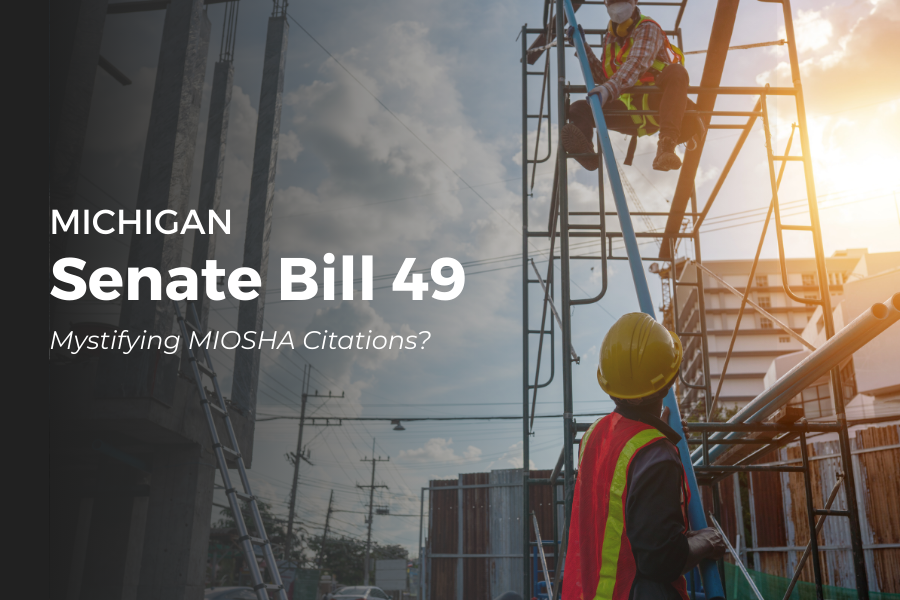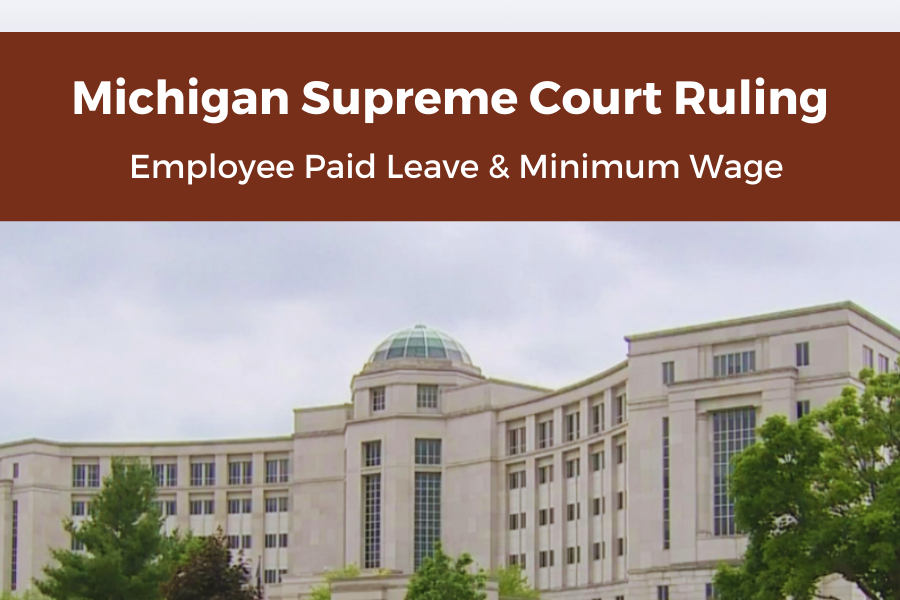By Aileen Leipprandt
In Center Street Lofts Condominium Association v AZD Associates, Inc., et al (Mich. Ct. App. Dec. 2016), a condominium association sued an architectural firm, AZD Associates, claiming that AZD’s deficient design of the condominium project caused multiple units to leak. The Association also claimed that AZD was not properly licensed because less than 2/3 of AZD’s principals were licensed architects, contrary to the requirements of the Michigan Occupational Code (MOC).
The trial court dismissed the Association’s claims as to improper licensure, ruling that the Michigan Occupational Code does not give a private person the right to sue an architect to enforce the licensing requirements of the MOC. Instead, the MOC gave enforcement authority only to prosecutors and the Attorney General. The only exception given to private persons is the right to seek an injunction (an order to stop) against an unlicensed practice. The Court of Appeals agreed with the trial court and affirmed dismissal of the claim.
The trial court also dismissed the Association’s claims for professional negligence, ruling that the claims were filed too late. Again, the appellate court agreed, ruling that the Association did not file its claim within the six-year period of limitations which began to run when the Association occupied, used or accepted the improvement. Furthermore, even though the Association might have been permitted to file its claim within one year of discovering the defect, the evidence established that the Association likewise did not file its lawsuit within that one-year time frame.
Finally, the appellate court observed that even if the Association’s argument was correct – that AZT was not properly licensed – the Association’s claim would be controlled by the three-year statute of limitations for negligence claims. The period of limitations for such a claim begins to run “at the time the wrong upon which the claim is based was done regardless of the time when the damage results.” Here, the alleged “wrong” was the negligent design of the project. The Association argued that the damage did not occur until it first noticed the leaking. The appellate court disagreed, ruling that the “‘damage’ actually occurred when the portions of the project that were negligently designed were actually built, i.e., when the problem could no longer be corrected without the need for plaintiff to spend money on redesign and reconstruction. It was at that point that all elements of negligence were in existence, though plaintiff at the time did not know that its legal rights had been impacted upon.”
Lesson Learned – While the Condominium Association’s claim for improper licensure was dismissed, design professionals should nonetheless take care to assure they are properly licensed in accordance with the Michigan Occupational Code, otherwise they may face an administrative enforcement proceeding. And, building owners who encounter design or construction deficiencies cannot sit on their claims, otherwise, they risk dismissal for untimeliness.










